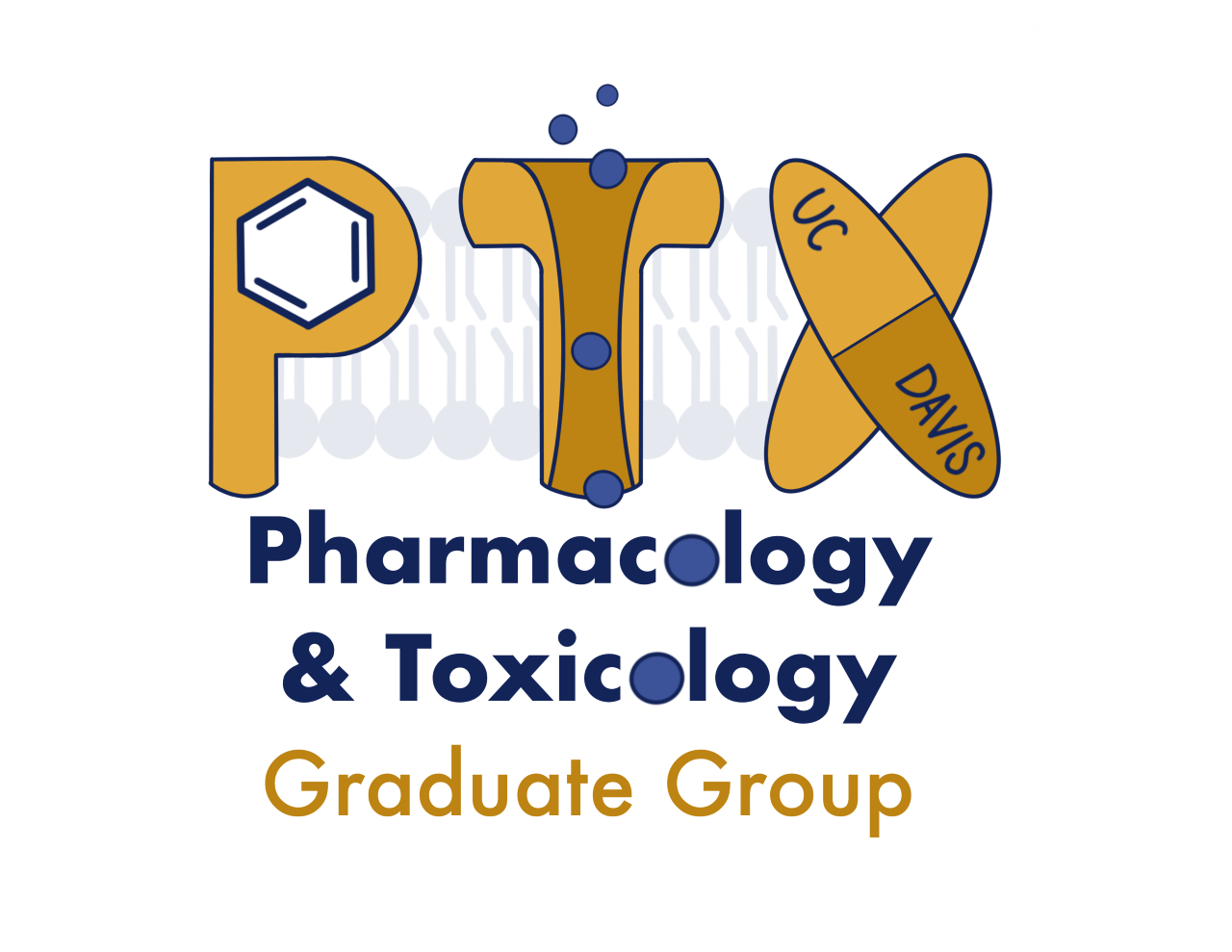
Position Title
Professor and Chair
Position Title
Professor and Chair
- Biochemistry and Molecular Medicine
Bio
Education:
- University of Texas, B.A., 1975
- University of Wisconsin, Ph.D., 1980
- Stanford University School of Medicine, M.D., 1984
Department: Biochemistry and Molecular Medicine
Research Interests:
Hematology and oncology, Biological chemistry, Cancer, Molecular biology/medicine, Internal medicine
Research Summary:
Dr. Lam is an expert in combinatorial chemistry, chemical biology, drug development, molecular imaging, nanotherapeutics and medical oncology. His laboratory is engaged in the development and application of combinatorial library methods for basic research and drug discovery. In addition to cancer drug development, he is also interested in signal transduction, antibiotics development, molecular immunology, chemical microarray, and proteomics. Dr. Lam is both a practicing medical oncologist and a laboratory investigator. He is acclaimed for his pioneering role in the field of combinatorial chemistry and developing the novel one-bead-one-compound technology, which rapidly screens millions of chemicals at one time to identify those that bind to diseased cells. The tool is advancing the early detection and precise delivery of treatments for brain, breast, prostate, pancreatic, lymphoma and other cancers. In addition, it is advancing the discovery of imaging agents that produce highly detailed molecular profiles of diseases for improved diagnosis and tracking medication effectiveness. His development and applications of combinatorial chemistry and other chemical methods look to solve many biomedical problems. Dr. Lam invented the "one-bead-one-compound" (OBOC) combinatorial library method, filed the patents and published the technique in Nature in 1991. This represents one of the first few reports in the new field of combinatorial chemistry at the time. Since then, the field of combinatorial chemistry has rapidly evolved into a new chemistry discipline, and has become an indispensable tool in drug development and chemical research. The OBOC combinatorial library approach is unique and truly an ultra-high throughput method, as thousands to millions of chemical compounds (peptides, peptidomimetics, small molecules, and macrocyclic natural product like molecules) can be efficiently synthesized and screened in parallel in a relatively short time.In addition to expanding the use of one-bead-one-compound technology, Dr. Lam's research also includes developing a blood test for ovarian-cancer detection, utilizing nanoparticle carriers for drug delivery and synthesizing cancer-fighting molecules with less-toxic side effects. He is currently collaborating on projects to identify the molecular pathogenesis of and treatments for primary biliary cirrhosis, osteoporosis and Alzheimer's disease.
Lab Members:
Nasir Al-Awaad, Lorenzo Berti, Urvashi Bhardwaj, Chou-Yu 'Joy' Chen, Florin Despa, Gabriel Fung, Yuanpei Li, Pappanaicken Kumaresan, Ruiwu 'Ray' Liu, Juntao Luo, Anthony Maida, Devin McNally, Liping Meng, David Olivos, Ekama Onofiok, Mary Saunders, Jared Townsend, Don-Hong Wang, Yan Wang, Zhaoju 'Daisy' Wu, Chun-Yi 'Jimmy' Wu, Kai Xiao, Wenwu Xiao, Nianhuan Yao
